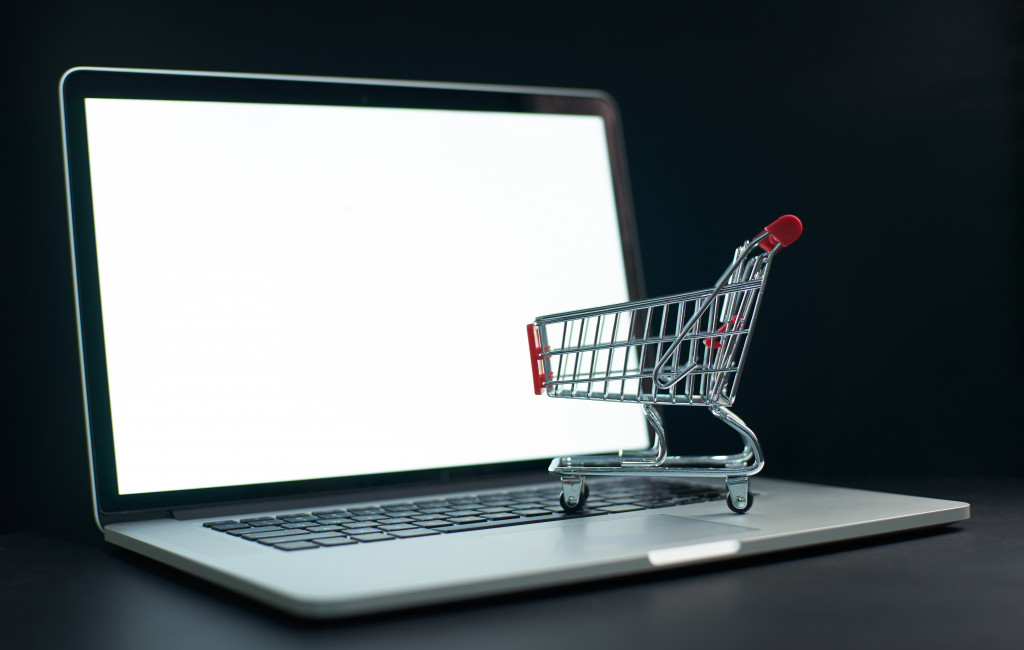Retail businesses face a competitive landscape that has never been seen before. With the emergence of digital retailing, the challenge to stay profitable and successful has increased significantly. However, there are still a few key elements that any modern business needs in order to succeed in the retail industry. Here’s a look at some of them.
1. A Solid Online Presence
Having an online presence is essential for any modern business today. That means having a website with comprehensive product descriptions and images and easy-to-use checkout options for customers.
Additionally, having an active social media presence on platforms such as Facebook and Instagram will help businesses reach more potential customers. For example, businesses can share promotions, product information, and other updates with their followers.
This allows businesses to build rapport with potential customers and promote their brand in a cost-effective manner. There are even tools available to help businesses track and measure the success of their campaigns, allowing them to fine-tune their strategies.
2. A Reliable Logistics Scheme
Logistics is an integral part of the retail industry, and having efficient shipping performance is key to success. Establishing a reliable logistics network can help businesses get their products to customers quickly and efficiently.
By using digital tools such as route optimization software, businesses can select the most efficient routes for deliveries, resulting in cost savings and improved customer satisfaction. Additionally, businesses should consider partnering with third-party logistics companies to ensure the quality of their deliveries remains consistent.
If possible, businesses should also invest in automation technologies such as robots and drones to help them with deliveries. This will not only reduce the cost of manpower but can also help businesses keep up with growing customer demand.
3. An Efficient Inventory Management System
Keeping track of inventory can be challenging for any retail business, especially when dealing with multiple locations or vendors. Investing in an efficient inventory management system will save time and money and help reduce mistakes that could lead to customer dissatisfaction or loss of sales.
For instance, businesses can use RFID tags to track products more accurately, ensuring that orders are fulfilled correctly and promptly. Additionally, businesses should invest in a system that can help them keep up with customer demand by automatically re-ordering necessary items as needed.
Overall, having an efficient inventory management system will ensure that customers always have access to the products they need, and businesses can maintain a healthy bottom line.

4. Quality Customer Service
Customers expect quality service from retailers, whether they are shopping online or in-store. This means providing helpful advice about products, resolving customer issues quickly, and ensuring that customers have positive experiences with their purchases.
Additionally, having knowledgeable staff on hand to assist customers can make all the difference in their buying decisions and satisfaction with your business. Therefore, businesses should prioritize training and development for their staff to ensure they are always well-informed about the company’s products and services.
Businesses should also consider investing in customer relationship management (CRM) software, as this can help them keep track of customer information, preferences, and purchase histories. This type of software can be used to send customers personalized promotions, follow up on customer feedback, and build relationships with them over time.
5. Effective Digital Marketing Strategies
Digital marketing is no longer optional — it’s necessary for success in the retail industry today! Utilizing digital marketing strategies such as search engine optimization (SEO), pay-per-click (PPC) advertising, content marketing, social media campaigns, email marketing, and more can help drive more customers to your website or store location, which increases sales opportunities for your business.
For starters, businesses should focus on building their online presence through their website, social media platforms, and email campaigns. This will help them reach more potential customers and build brand awareness.
Additionally, businesses should experiment with different marketing tactics to see which ones work best for their target audience. It’s advisable to start with creating content that resonates with customers, such as blog posts and videos. This type of content will keep customers engaged and is more likely to go viral, helping businesses reach even more potential customers.
6. Adaptability
The retail industry is constantly changing, with new trends emerging all the time, so it’s important that businesses remain agile and able to adapt quickly to changing conditions if they want to stay ahead of the competition and remain profitable over time.
This means staying up-to-date on industry news on platforms like social media and monitoring competitor activity so you know what steps need to be taken next to stay ahead of the game! Businesses should also consider how new technologies can help them streamline their processes and improve customer experience.
Finally, businesses need to be open to customer feedback and willing to listen to discover what they are looking for and tailor their services accordingly.
Being successful in today’s highly competitive retail environment requires businesses to embrace change and anticipate what’s coming down the line so they can proactively prepare themselves for success now and into the future! By investing in these essential elements – an online presence, reliable logistics scheme, effective inventory management systems, quality customer service, digital marketing strategies, and adaptability – businesses can set themselves up for long-term success no matter what changes come their way.

